Publications
Articles, publications, books, tools and multimedia features from the U.S. Institute of Peace provide the latest news, analysis, research findings, practitioner guides and reports, all related to the conflict zones and issues that are at the center of the Institute’s work to prevent and reduce violent conflict.
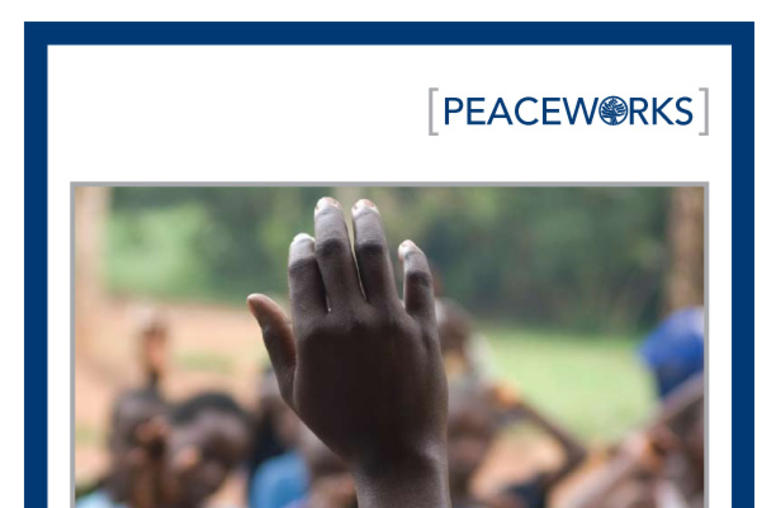
Making Peace after Genocide
A former seven-term member of Congress and presidential special envoy during the Clinton administration, Howard Wolpe led the U.S. delegation to the Arusha and Lusaka peace talks to end the civil wars in Burundi and the Democratic Republic of the Congo. This report distills the author’s experience as a presidential special envoy to Africa’s Great Lakes region from 1996 to 2001, and as the director of a Burundi leadership training initiative from 2003 to 2009.
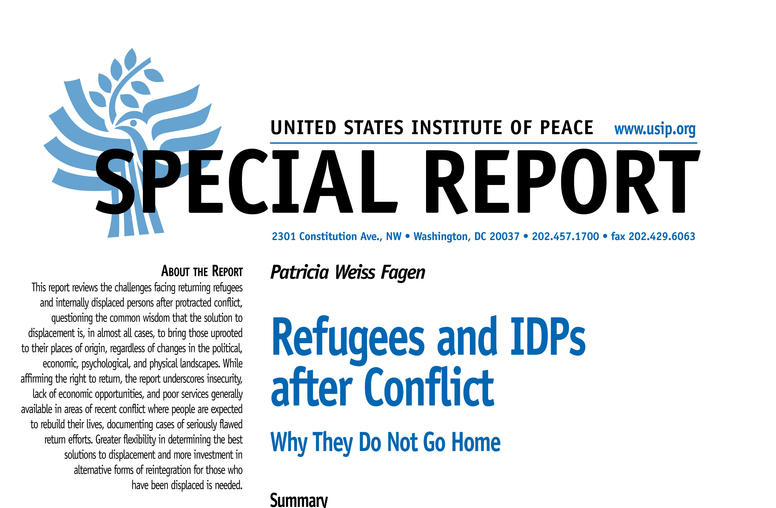
Refugees and IDPs after Conflict
This report reviews the challenges facing returning refugees and internally displaced persons after protracted conflict, questioning the common wisdom that the solution to displacement is, in almost all cases, to bring those uprooted to their places of origin, regardless of changes in the political, economic, psychological, and physical landscapes.
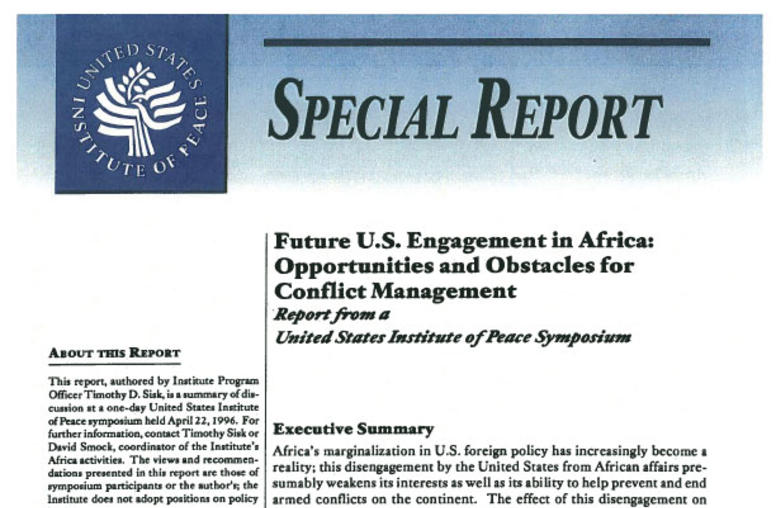
Future U.S. Engagement in Africa Opportunities and Obstacles for Conflict Management
Africa's marginalization in U.S. foreign policy has increasingly become a reality; this disengagement by the United States from African affairs presumably weakens its interests as well as its ability to help prevent and end armed conflicts on the continent.
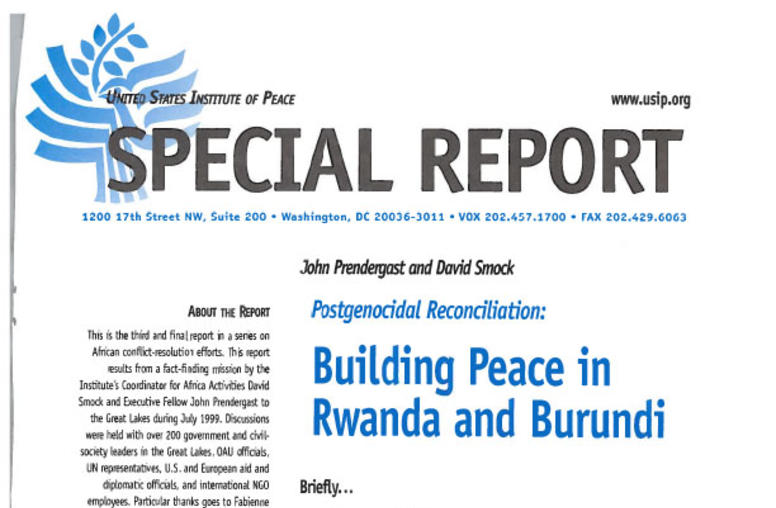
Post-Genocidal Reconciliation: Building Peace in Rwanda and Burundi
Summary Future security in both Rwanda and Burundi is closely linked to how successfully the Lusaka cease-fire agreement lays a foundation for peace in the Democratic Republic of the Congo (DRC). An effective, internationally supported disarmament and demobilization program for the Rwandan and Burundian rebel forces based in the Congo could significantly enhance security in the entire region. International support could come in part through the creation both of a Friends of Peace ...
Commission of Inquiry: Burundi
Commission of Inquiry: International Commission of Inquiry for Burundi Duration: 1995 - 1996 Charter: UN Security Council Resolution S/RES/1012 Commissioners: 5 Report: Public report
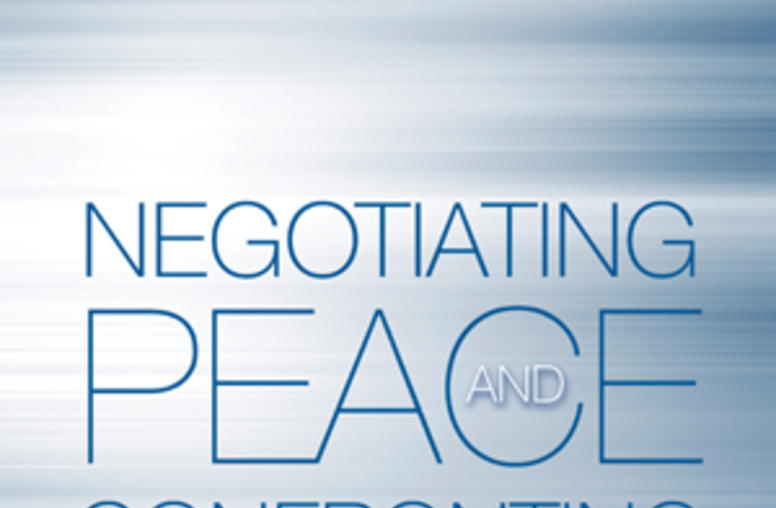
Negotiating Peace and Confronting Corruption
In Negotiating Peace and Confronting Corruption, Bertram Spector argues that the peace negotiation table is the best place to lay the groundwork for good governance.
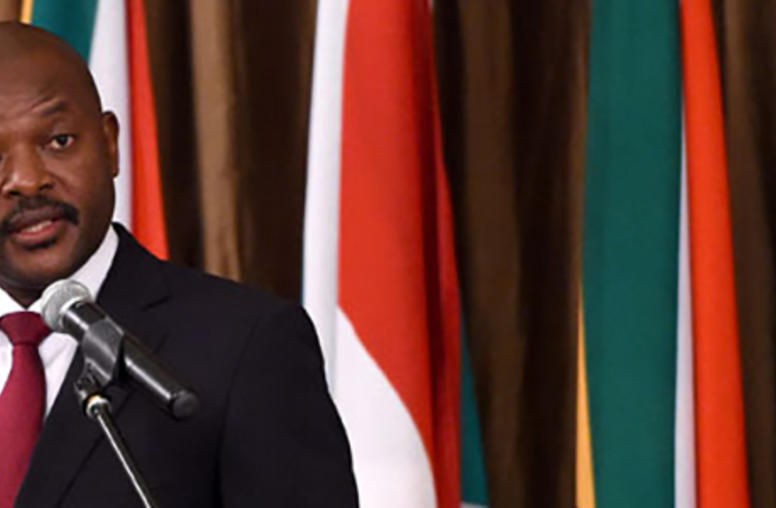
Burundi at the Brink
Burundi is back at the brink. Less than a decade after the end of its civil war, a political conflict over the president’s attempt to stay in office for a disputed third term risks escalating into wider violence, policy specialists say. Police are fighting protesters who say that President Pierre Nkurunziza is violating the country’s post-civil war constitution by seeking a third term. They dispute a court ruling that authorized Nkurunziza’s re-election bid.
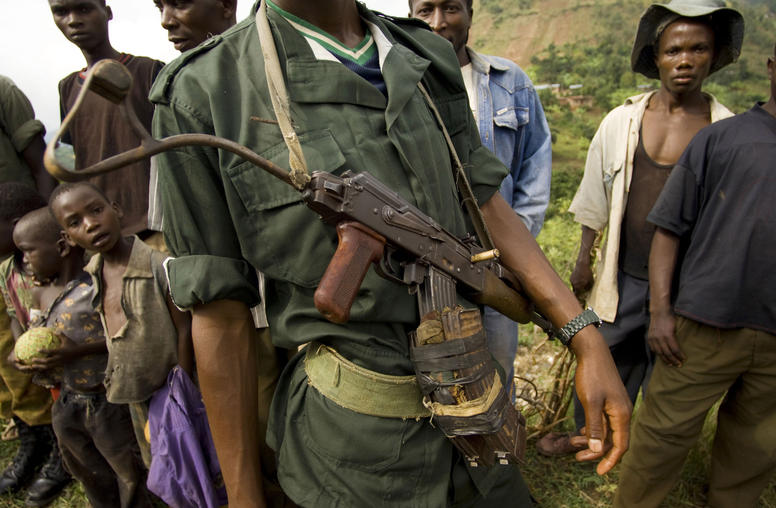
Burundi Unrest Evokes Hurdles for U.S. in Preventing Threats
The attempted coup in the tiny African country of Burundi, after weeks of unrest that has killed more than 20 people, provided immediate examples of quandaries for peacebuilding during a discussion at USIP this week: how U.S. diplomacy can emphasize prevention to counter threats, and how best to support young people to deter dangerous forms of extremism.
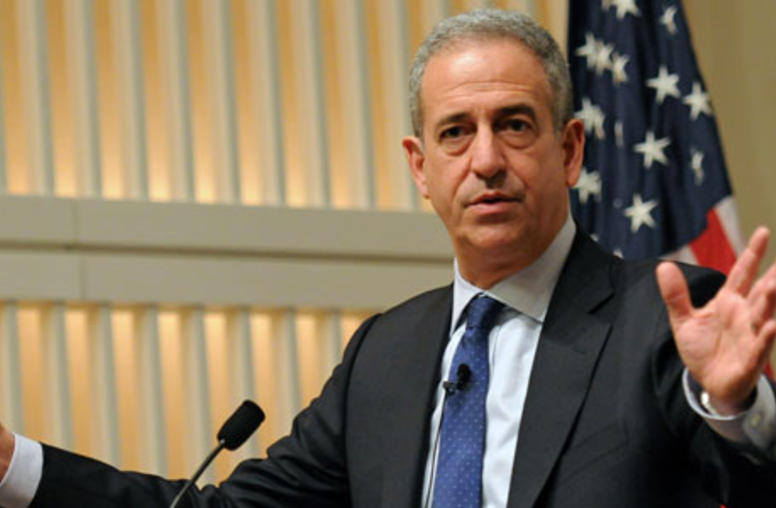
Feingold Urges DRC Reforms, Great Lakes Regional Cooperation in Remarks at USIP
Africa's Great Lakes region is ripe for progress in resolving its deadly conflicts, particularly in the eastern part of the Democratic Republic of Congo (DRC), but it will take deeper regional cooperation and the DRC's full implementation of internal reforms that it has already agreed to, Russell D. Feingold, the U.S. special envoy for the Great Lakes and the DRC, said at the U.S. Institute of Peace (USIP) on February 20.